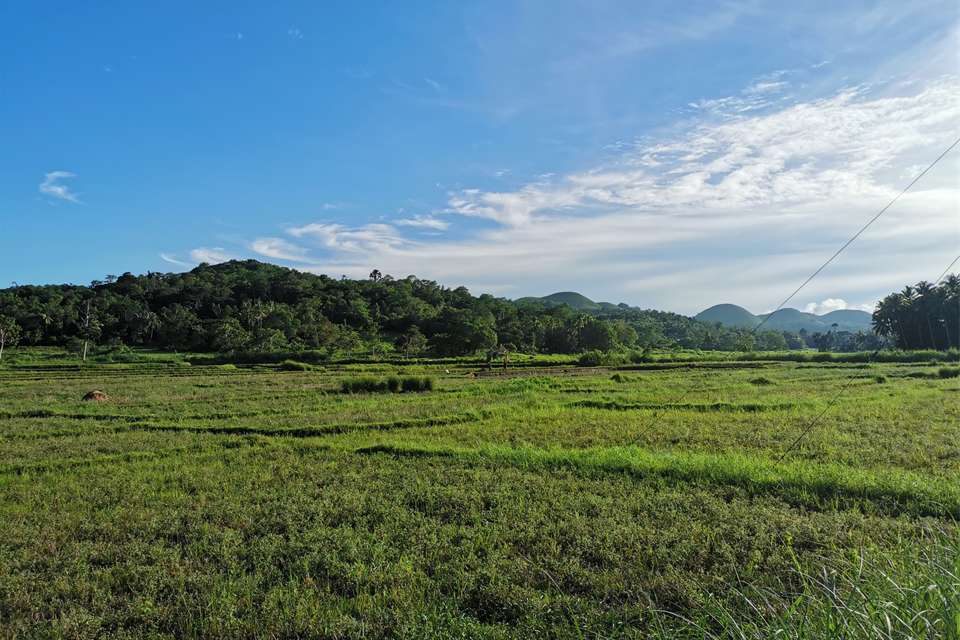Palay (un-milled rice) prices in Bohol have been maintained even while prices in most areas of the country, particularly Luzon, have plummeted to as low as P7 per kilo, a local agriculture official said.
According to Bohol Agricultural Promotion Center manager Roman Dobalos, palay prices remained at “P19-P20” per kilo in the province, as it has been for the past months.
“Sa Bohol, dili pa ta affected anang lower [prices],” he said.
He attributed the steady prices to the National Food Authorities’ (NFA) purchase of the local farmers’ palay at the P-20 range.
The Rice Tariffication Act, which has earlier been forecast to have adverse effects on farmers, has relegated the NFA to keeping buffer rice stock for emergency purposes and buying un-milled rice from farmers.
“Ang NFA namalit sad ron og presyo na P20 na palay kay ang mandate sa NFA ron dili na sila pa import ron, ang ilang mandate mamalit nalang sila og palay sa mga rice farmers,” said Dobalos.
In a briefing on the impact of the Rice Tariffication Act at the House of Representatives in Quezon City earlier this week, farmers’ groups said palay farmgate prices plunged to as low as P7 per kilo, while it costs over P12 to produce it.
“Talong-talo ang mga magsasaka natin. Hindi ito kasalanan ng Department of Agriculture (DA) o National Food Authority (NFA), dahil ito sa rice liberalization,” Ignacio Ortiz of the Alyansa ng Magbubukid sa Gitnang Luzon was quoted as saying by Rappler.
Meanwhile, Dobalos admitted that due to the weak El Niño that plagued the province earlier this year, only “half” of the province’s rice fields were planted with palay.
“Ang atong area, more or less 50 hectares sa rain-fed and irrigated areas. So atong natamnan karon naa ra sa katunga, 50 percent. Mostly sas rain-fed areas wala g’yud matamni,” he added.
Local agriculture authorities are awaiting for the contract to conduct additional cloud-seeding operations in the province.
According to Dobalos, the cloud-seeding activities which will be funded by the Department of Agriculture will last for 40 hours.
“Yawat nalang na makatabang-tabang sa rice farmer na ma-bisbisan tong mga humay na nagflowering stage sa ilang humay karon,” he said. (A. Doydora)

